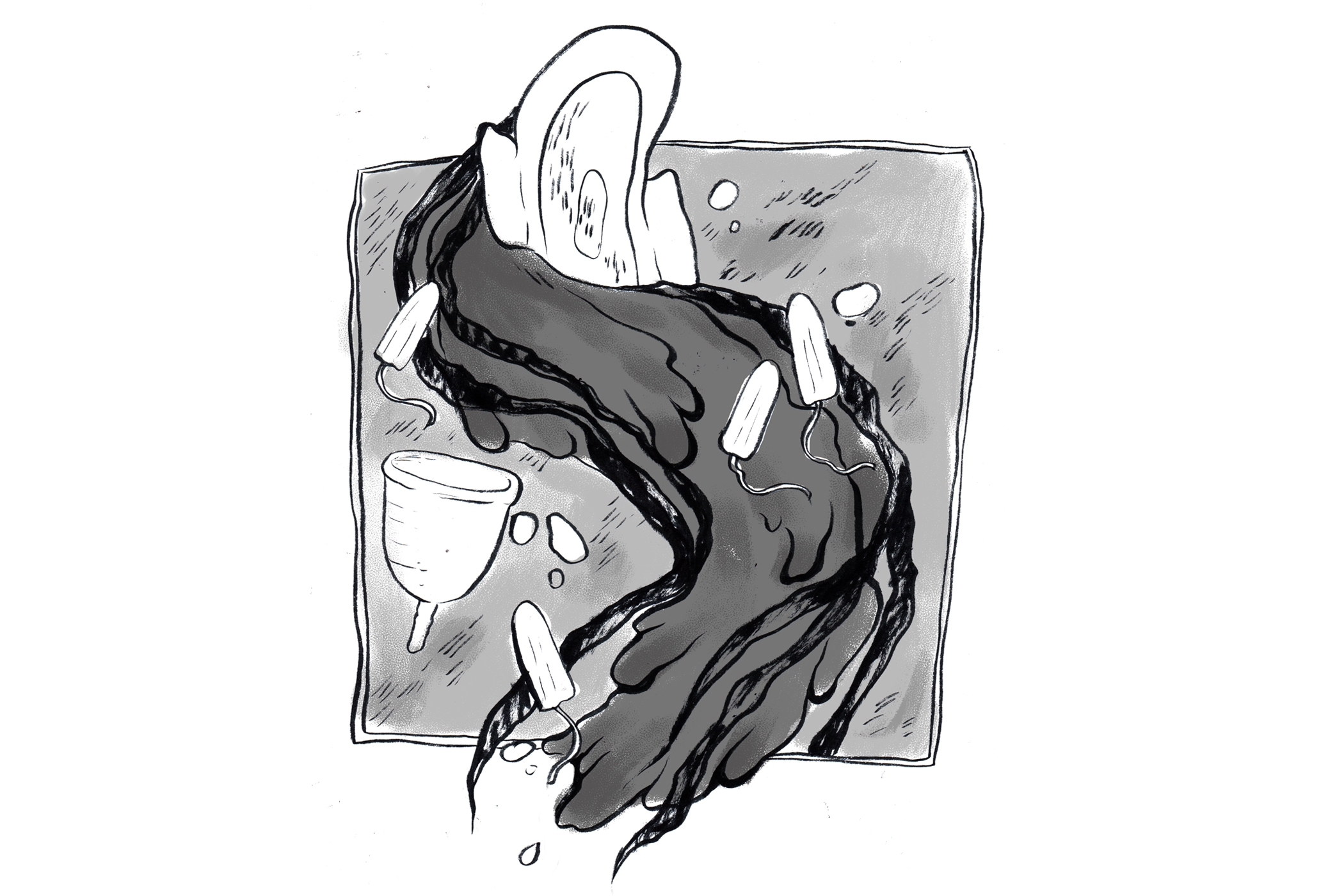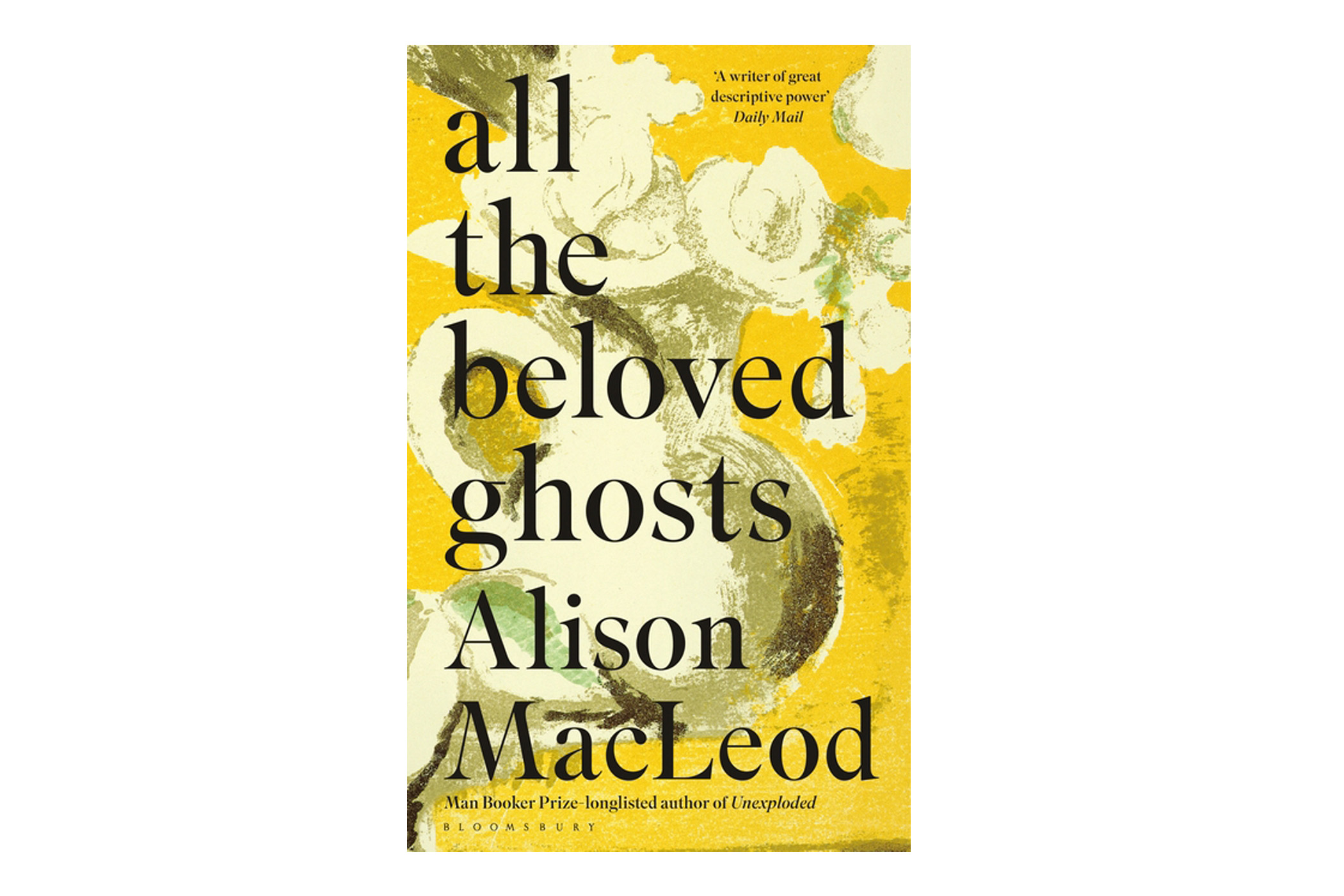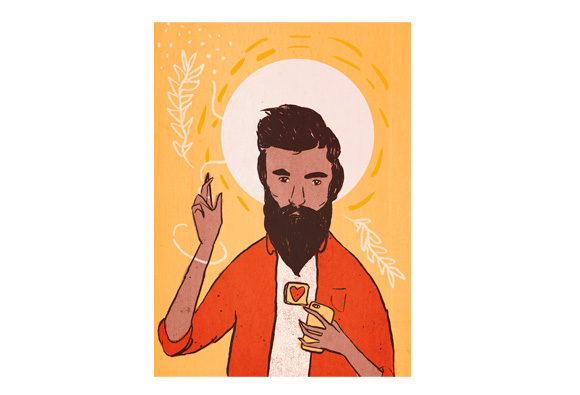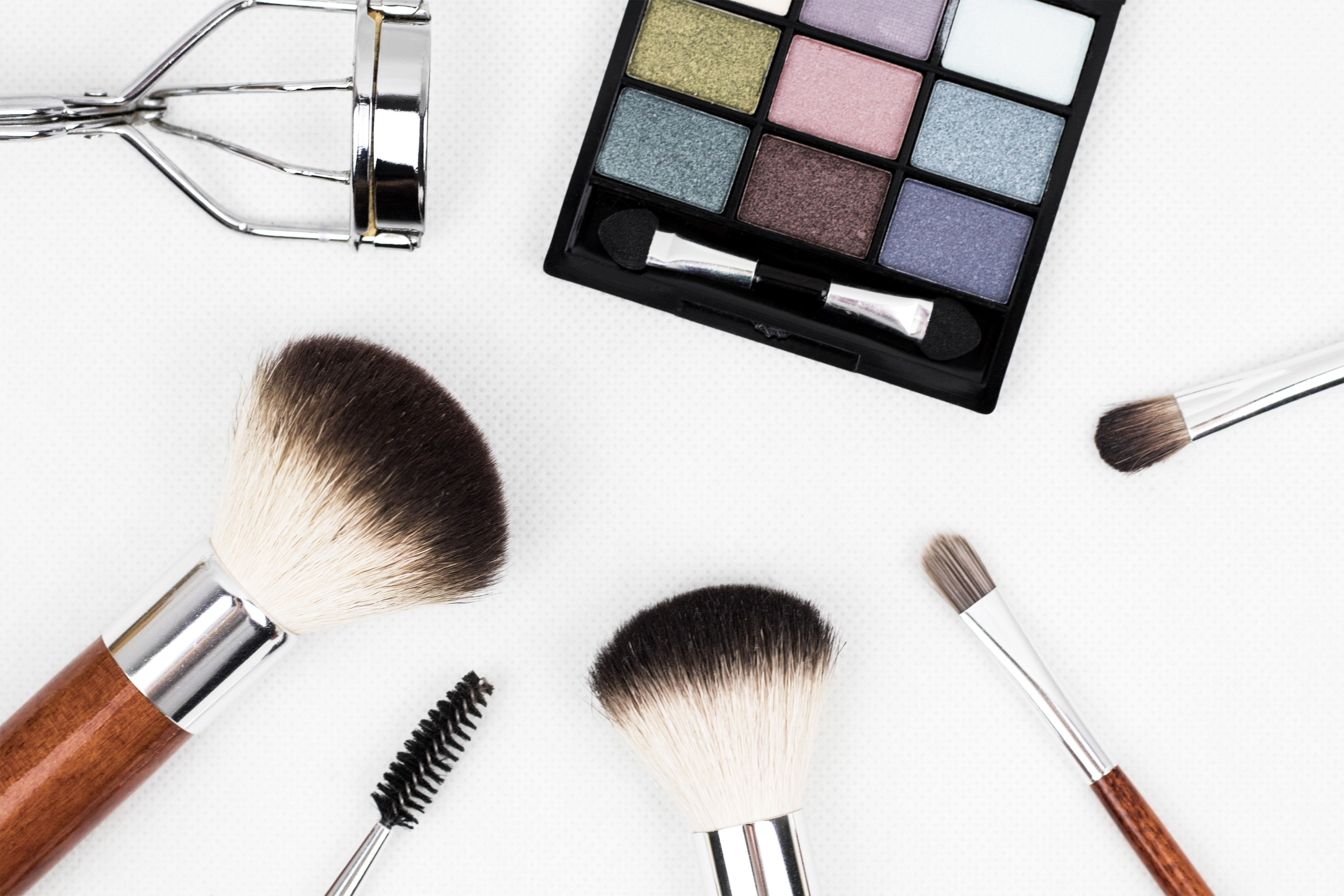I remember first reaching the mark of “womanhood” two days before my teenage years began. Maturation movies in elementary school had provided us useless insight to what having a period would involve, and the nervous chatter among junior high friends had begun to excite us for the first moment we would truly be recognized as women.
However, I neither felt excited nor woman-like when my first period came. I remember feeling nervous and confused, unsure of what to do with the product my mother had shoved at me, and petrified of the thought of someone finding out. Before even menstruating—and before having been fully welcomed into the age of constant insecurity—I had somehow received a subconscious message that periods should be kept private and talked about only in whispers.
What would I tell everyone when I was feeling sick? Would anyone notice that I was spending more time in the bathroom? What would someone think if they saw the wrapper in the garbage can?
Could anyone tell that I was walking differently because of this new discomfort? What would happen if someone saw me sneak this tampon into the bathroom?
As it turns out, I wasn’t the only young girl who had the opposite reaction of what we were told we would feel when our menstruation cycles finally made an appearance. And although I have become more familiar and comfortable with the products, the mess, the random leaks, and the almost-unbearable pain, the shame and stigma never leaves despite how old I get.
Despite the fact that periods are a necessary, natural, biological process completely normal to anyone with a uterus, nobody wants to talk about it. Nobody wants to see it, and nobody wants women to complain about it openly.
Angered over the fact that my tampons had cost me more money than I had wanted to spend, after publicly displaying my woes, I was pointed to a group on campus which focused on periods. Portland Menstrual Society is a student group on campus whose mission is to “promote menstrual hygiene management and to empower all menstruators through advocacy, education, and service.” PMS provides and distributes hygiene kits around campus available to any menstruator and meets weekly to deconstruct the stigma and address other issues regarding menstruation.
Working to specifically address the stigma, PMS and Periodic Inc. have recently teamed up to bring PDX Red Party to the Portland State campus. The period-centered party will include a hygiene fair and a dance party in an effort to address menstruation problems and break the stigma.
Normalizing and publicizing events like this not only change our society’s views but open up a dialogue and conversation, making menstruators realize that period problems you thought were exclusively yours—things you were embarrassed about, ashamed about, or worried about—are truly problems held by many. And there’s nothing more comforting than realizing that you’re absolutely normal.
After attending weekly meetings and delving more into the world of periods, I quickly came to realize that the stigma around periods isn’t the only thing that has got to change in our society.
Though recent campaigns have rallied to break the stigma of period-shaming, periods seem to be thought of as a woman-only issue, meaning services, support, and resources are not often extended to members of the trans community or the homeless population.
Despite the fact that members of the trans community have the ability to purchase menstruation products in the store, the question of safety plays a bigger part in their mind than in the mind of females. If anyone sees them purchasing these products will they be approached and harassed? Will they be physically attacked? Will they be verbally destroyed?
Using these products in public places also brings up another question of safety, as male bathrooms are not equipped with the trash can boxes found in the inside of stalls in all female bathrooms. Where will the wrappers be disposed of to the ensure the safety of the menstruator? Will they be approached in the bathroom if another male sees them carrying in these products?
People who purchase hygiene products regularly understand how expensive tampons, pads, and medicine to treat menstruation side effects can add up to be. In many cases, some people are faced with either securing food or buying these products. Members of the homeless community are faced with an even harder decision. The money they receive on the street will almost never go toward hygiene products. Instead, they use old wrappers, old clothes, and any other type of paper available.
If periods are going to become normalized, we have to normalize them and explore menstruation with the idea of intersectionality in mind. Otherwise, as periods hopefully become more accepted, a hierarchy of privilege and oppression regarding who menstruates will inadvertently form.






